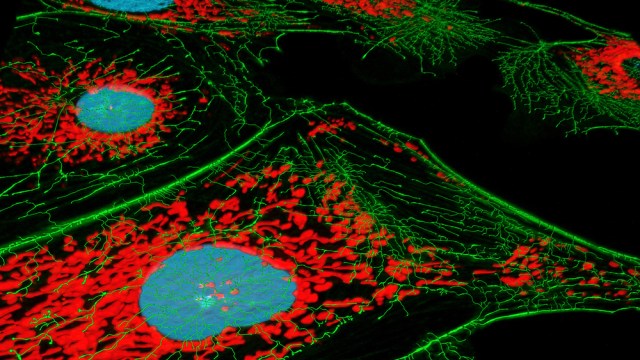Researcher Locate the Left-Handed Gene

What’s the Latest Development?
A European study may have found the cause of people’s strong disposition toward being right-handed, a tendency not seen nearly as strong in animal species. In experiments led by the University of St. Andrews, researchers were interested in understanding which genes might have an influence on handedness (right versus left), in order to gain an insight into the causes and evolution of handedness. What they found were correlations between handedness and a network of genes involved in establishing left-right asymmetry in developing embryos.
What’s the Big Idea?
To date, the reason for our strong preference in using our right hand, with around 90 percent of the adult population being right-handed, mostly remains a mystery. William Brandler, a PhD student in the MRC Functional Genomics Unit at Oxford University, said: “The genes are involved in the biological process through which an early embryo moves on from being a round ball of cells and becomes a growing organism with an established left and right side.” The researchers suggest that the genes may also help establish left-right differences in the brain, which in turn influences handedness.
Photo credit: Shutterstock.com




